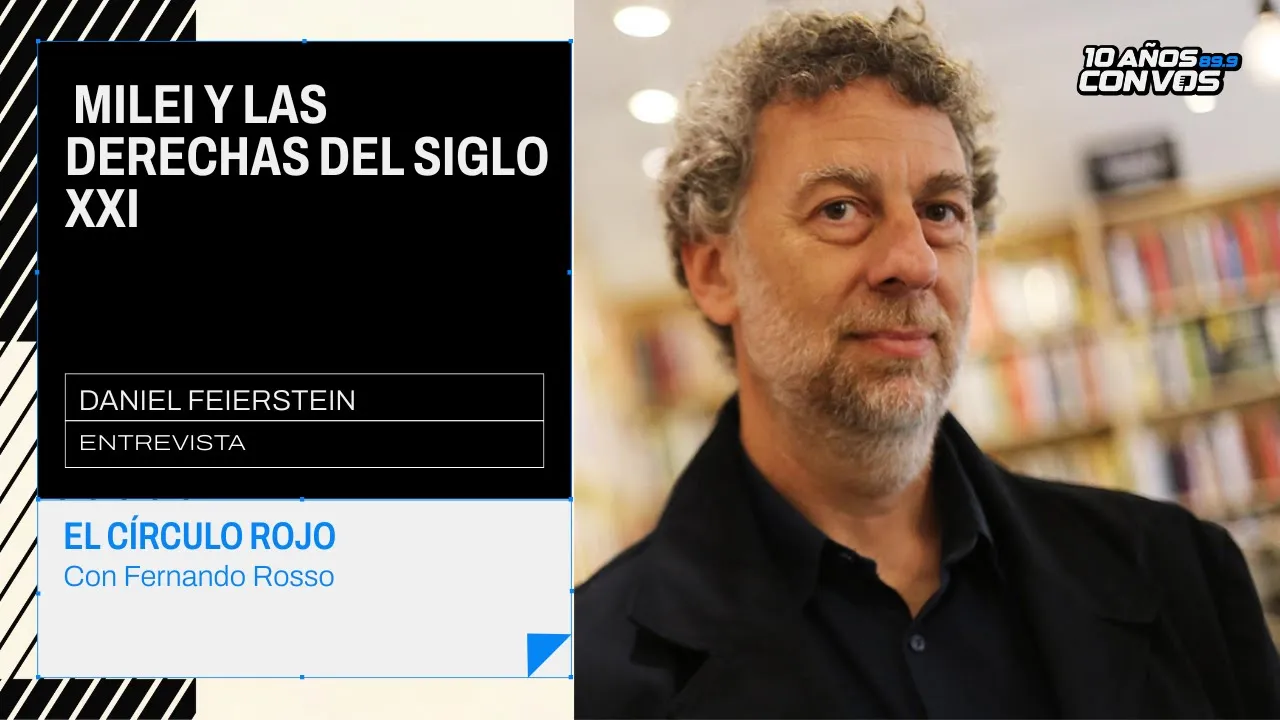
The Red Circle spoke with Daniel Feierstein, a doctor of social sciences, author of “The construction of the fascist dwarf”, about fascism, new and old rights.
– YouTube
“We took the title because it was the grace, it had a lot of presence in Argentina of the 80s, it has to do with the visit of the journalist Oriana Fallaci in the experience of the end of the dictatorship, the book recovers that story, a process that is built.”
“What fascism achieves is that the worst of the people come out, and the idea was to investigate how this process is achieved, how the worst of yours emerges, from us and the best backed up, limited in its capacity for example of inhibiting you.”
“The political violence has grown in the field of historians. From the 90s Argentine society has managed to make it back, Kirchnerism denied it because it made noise for its own history, unfortunately it has resurfaced in the last decade.”
“What I propose is that the dictatorship was genocidal but was not fascist. The second risk I see today is not to be able to call fascism fascism. I never know the term fascism came out.”
“There are three great schools, for me the most powerful is the one that thinks as a social practice, Marxism thought about it. The other two looks are quite complicated, the one that thinks it as a government and ideological regime.”
“It is the first time that in our country appears strongly, although there were fascist sectors in our history, they were always marginal. In 30 it seemed that if but no and in the dictatorship you can identify some well close but directed by others.”
“It manages to use negative emotions, such as hate, resentment, envy, and irradia it horizontally, a psychological mechanism of projection, a political use of that, that is one of the great novelties.”
Politics / Right / Fascism / The Red Circle / Daniel Feierstein / New Rights
Source: www.laizquierdadiario.com

